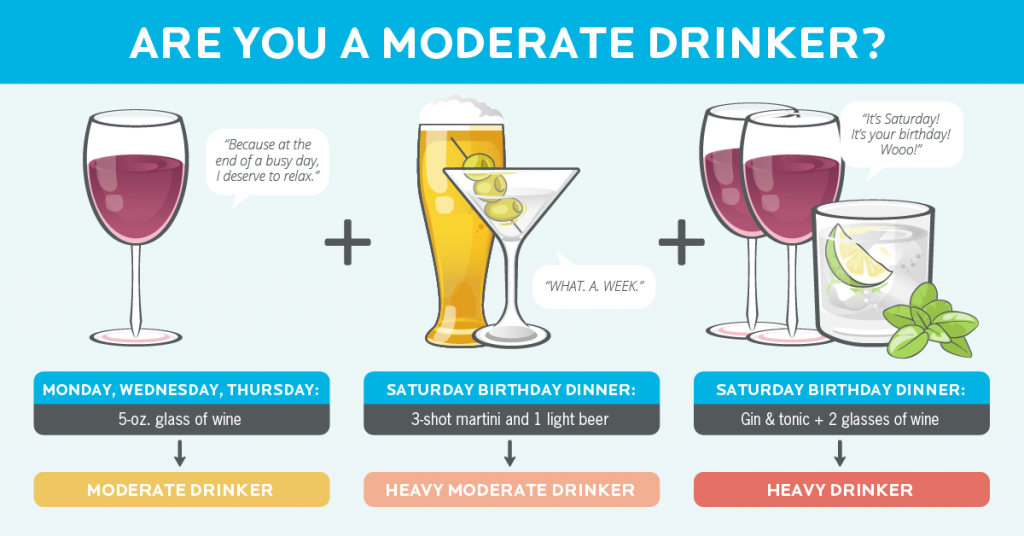Unlock the secrets of your body’s alcohol tolerance with our comprehensive guide – discover how to drink responsibly and safely!
Table of Contents
Have you ever wondered how many beers it takes to get drunk? The answer to this question is not as simple as it may seem. Various factors contribute to how quickly alcohol affects your body and at what point you may begin to feel intoxicated. In this blog post, we will delve into the science behind alcohol metabolism, individual tolerance levels, and the different factors that can influence intoxication.
The Science Behind Alcohol Metabolism
alcohol metabolism is a complex process that takes place in your liver. When you consume alcohol, enzymes in your liver break it down into acetaldehyde, a toxic substance that is further metabolized into acetate and then carbon dioxide and water. The rate at which your body metabolizes alcohol can vary depending on factors such as your age, sex, body weight, and liver function.
One of the primary enzymes involved in alcohol metabolism is alcohol dehydrogenase (ADH). The activity of ADH can be influenced by genetics, meaning that some individuals may metabolize alcohol more quickly than others. Additionally, the capacity of your liver to process alcohol can also impact how long alcohol remains in your system.
Individual Tolerance Levels
Understanding your individual tolerance levels is crucial when it comes to drinking alcohol responsibly. Genetics play a significant role in determining your tolerance to alcohol, as certain genetic variations can affect how your body processes alcohol. For example, some people may have a genetic predisposition to produce less of the enzyme ADH, leading to slower alcohol metabolism.
Body weight, gender, and age are other factors that can influence your tolerance to alcohol. Generally, individuals with a higher body weight have a higher tolerance to alcohol compared to those with lower body weight. Gender differences also come into play, with women typically having lower tolerance levels than men due to differences in body composition and enzyme activity.
Moreover, age can affect how your body responds to alcohol. As you age, your body’s ability to metabolize alcohol may decrease, making you more susceptible to its effects. Additionally, factors such as previous alcohol consumption and drinking habits can impact your tolerance levels over time.
Various Factors Influencing Intoxication
While the number of beers it takes to get drunk varies from person to person, there are several factors that can influence your level of intoxication.

Image courtesy of www.precisionnutrition.com via Google Images
Mixing different types of alcohol can intensify the effects of alcohol and increase your likelihood of getting drunk more quickly. Combining different types of alcohol can overwhelm your liver and result in a faster increase in blood alcohol concentration.
Consuming food before or during drinking can slow down the absorption of alcohol into your bloodstream. Eating a meal that includes carbohydrates, fats, and proteins can help to mitigate the effects of alcohol and reduce the risk of getting drunk too quickly.
Furthermore, your mental and emotional state can also impact how alcohol affects you. Stress, fatigue, and emotional distress can amplify the effects of alcohol and make you feel drunk faster. It’s essential to be mindful of your mental and emotional well-being when consuming alcohol to ensure that you are able to handle its effects responsibly.
Conclusion
In conclusion, the number of beers it takes to get drunk is not a one-size-fits-all answer. Understanding the science behind alcohol metabolism, your individual tolerance levels, and the various factors that influence intoxication is key to drinking responsibly. By knowing your limits and being aware of the factors that can impact your level of intoxication, you can enjoy alcohol in a safe and moderate manner.
Remember to always drink responsibly, pace yourself, and prioritize your well-being when consuming alcohol. By being informed and mindful of your body’s capacity for alcohol consumption, you can make smart choices and enjoy alcohol in a way that is both enjoyable and safe.
FAQs
How can I increase my alcohol tolerance?
One way to potentially increase your alcohol tolerance is by consuming alcohol in moderation over time. However, it’s essential to remember that everyone’s tolerance levels are different and genetics play a significant role in how your body processes alcohol.
Is it safe to mix different types of alcohol?
Mixing different types of alcohol can intensify the effects and lead to a quicker increase in blood alcohol concentration. It’s best to avoid mixing alcohol to prevent overwhelming your liver and reduce the risk of adverse effects.
Does eating food affect how drunk I get?
Eating food before or during drinking can help slow down the absorption of alcohol into your bloodstream. A meal containing carbohydrates, fats, and proteins can mitigate the effects of alcohol and decrease the likelihood of getting drunk too quickly.
Can stress or emotional state impact how alcohol affects me?
Your mental and emotional state can indeed influence how alcohol affects you. Stress, fatigue, and emotional distress can amplify the effects of alcohol, making you feel drunk faster. It’s essential to consider your mental well-being when consuming alcohol to ensure responsible drinking habits.
Generated by Texta.ai Blog Automation


Leave a Reply